Teaching Games for Understanding (TGfU): A Comprehensive Guide for Physical Education Teachers
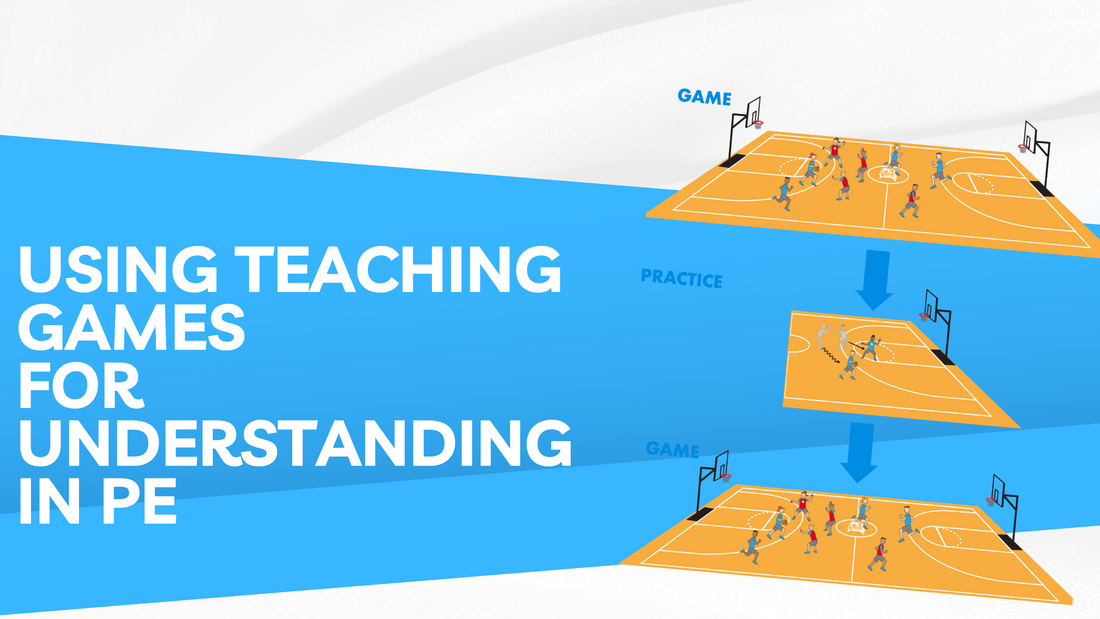
Teaching games for understanding (TGfU) is a highly effective model that empowers students to develop their sports skills and gain a deep understanding of game concepts. This comprehensive guide aims to equip physical education teachers with the knowledge and strategies to implement TGfU successfully in their classrooms. By embracing TGfU, teachers can foster holistic development, enhance engagement, and cultivate a lifelong enjoyment of physical activities among their students.

Benefits of TGfU in Physical Education
TGfU goes beyond technical skills, nurturing physical, cognitive, social, and emotional development. Students engage in informed decision-making and problem-solving within the context of games, leading to improved collaboration, teamwork, and communication skills. Moreover, TGfU builds resilience as students learn to accept failure and overcome challenges, fostering increased self-esteem and confidence.
The Six Stages of TGfU Development
The TGfU model encompasses six stages that guide students' progression in game understanding and skill development. These stages are Game, game appreciation, tactical awareness, appropriate decisions, skill execution, and performance. Each stage introduces students to fundamental concepts and strategies, enabling them to analyse games, make effective decisions, and execute skills precisely.
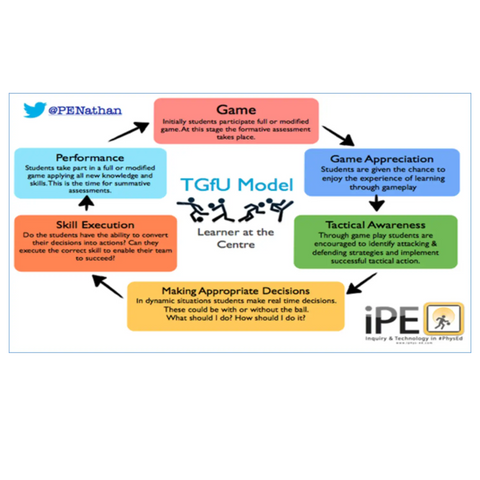
Thematic Approach in TGfU
Teachers can provide students with various game experiences across different categories by adopting a thematic approach. These categories include invasion/territorial games, striking and fielding games, net and wall games, and target games. Such exposure enhances students' physical literacy as they grasp essential rules, foundations, and tactical challenges applicable to various sports.
Challenges and Strategies in Implementing TGfU
Implementing TGfU in physical education can present challenges, such as creating authentic learning experiences and effectively assessing student understanding and performance. To overcome these obstacles, teachers can utilise teaching methods that replicate game-like situations, leverage visual aids and technology, and establish clear expectations for behaviour and active participation. Strategies for assessment can involve incorporating observation, self-reflection, and peer feedback to gauge students' grasp of game principles and strategies.
Reflection on Using TGfU in Practice
Drawing from real-world teaching experiences, it is evident that TGfU can be highly effective in engaging students and deepening their game understanding. To optimise the use of TGfU, teachers can employ various teaching methods, including visuals, demonstrations, technology, and hands-on practice. Creating a positive and inclusive learning environment is crucial for student engagement and collaboration.
Conclusion
Teaching Games for Understanding (TGfU) offers a comprehensive and student-centred approach to physical education, fostering cognitive, physical, and social development. By following the stages of TGfU and embracing a thematic approach, teachers can empower students to become confident, knowledgeable, and adaptable players in multiple sports. Overcoming challenges through strategic planning, innovative teaching methods, and ongoing assessment enables teachers to provide authentic and meaningful learning experiences within the constraints of a school setting. Embrace TGfU as a powerful tool to transform your physical education classroom and nurture a lifelong love for physical activity among your students.
If you want to know more about this model please feel free to watch our video on it: Video on TGFU
No comments




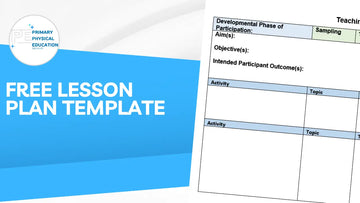
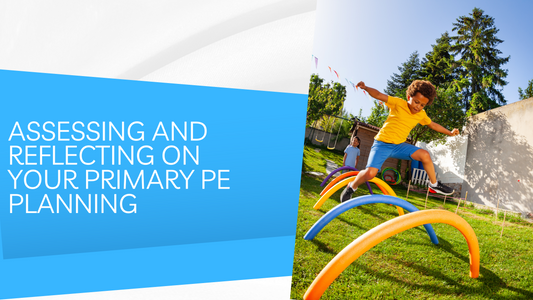

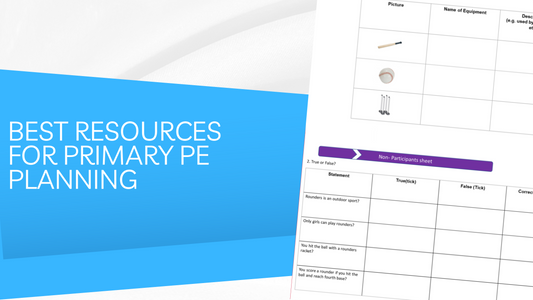
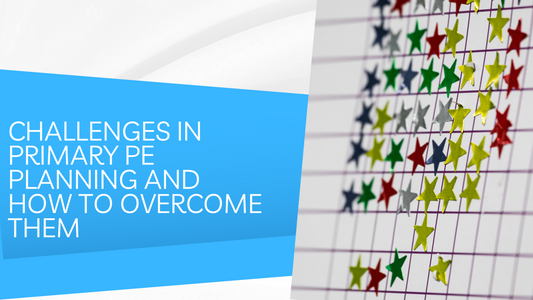
comments